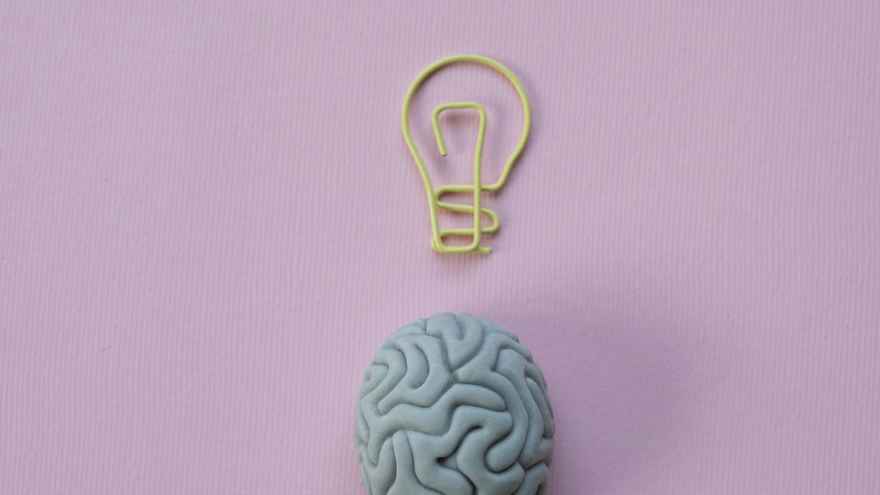What Are the 8 Core Concepts of Neuroscience?

Neuroscience is a vast and complex field, but there are eight core concepts that provide a foundation for understanding the structure and function of the nervous system. These concepts are essential for anyone studying or working in the field of neuroscience, and provide a framework for exploring the many different aspects of brain function and behavior. 🧠
Structure and function: The nervous system is composed of specialised cells called neurons that are organised into complex circuits and networks. These structures enable the processing and transmission of information throughout the brain and body behaviour.
Neuroplasticity: The brain is a highly adaptable organ that can rewire itself in response to experience, learning, and injury. This process, known as neuroplasticity, underlies the brain's ability to change and adapt over its lifespan.
Neural signalling: Neurons communicate with each other through electrical and chemical signals called action potentials and neurotransmitters. These signals allow for the rapid transmission of information throughout the nervous system.
Sensory and motor systems: The nervous system is responsible for processing sensory information from the environment and generating motor responses. These systems work together to enable perception, movement, and behaviour.
Learning and memory: The brain is capable of learning and storing information over time, through a process called memory consolidation. Different neural circuits and structures mediate different types of memory, such as declarative and procedural memory.
Emotion and motivation: The brain is involved in the experience and regulation of emotions, as well as the motivation to pursue rewards and avoid punishments. These processes are mediated by specialised circuits and neurotransmitter systems.
Development and ageing: The nervous system undergoes significant changes over the lifespan, from the formation of neural circuits in early development to the decline of cognitive function in ageing.
Neurological and psychiatric disorders: Neuroscience research is essential for understanding the neural basis of neurological and psychiatric disorders, such as Alzheimer's disease, Parkinson's disease, depression, and schizophrenia.
These eight core concepts provide a foundation for exploring the many different aspects of neuroscience, from the molecular and cellular level to the systems and behavioural level. By understanding these concepts, researchers and practitioners can gain new insights into the workings of the brain and develop new approaches to the diagnosis, treatment, and prevention of neurological and psychiatric disorders. 🔬 #NeuroscienceConcepts #BrainFunction #UnderstandingTheNervousSystem

0 comments
Leave a comment
Please log in or register to post a comment